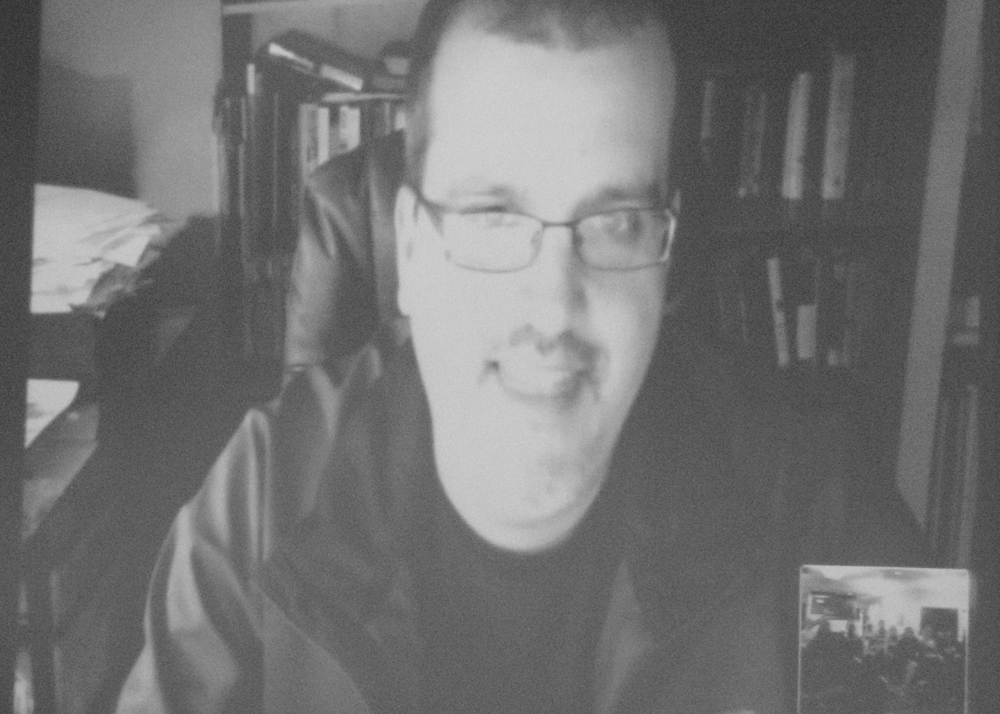Students were granted the opportunity not only to watch a powerful documentary with a message of peace, but also to speak with the writer and director of the documentary himself.
“‘Everest: A Climb for Peace’ was produced for public television and has been shown in 44 states on over 300 channel programs,” said Jodi Kushins, associate chaplain for Jewish life. “It has also been shown in some international film festivals.”

On Jan. 31, students viewed the documentary, narrated by Orlando Bloom, in Corns 312.
The documentary was followed by a Skype session with the founder and director of the film, Lance Trumbull.
The documentary viewing was hosted by Ohio Wesleyan’s Jewish organization, Hillel, and paid for by the Wesleyan Council on Student Affairs (WCSA).
Kushins said Hillel has been trying to get the documentary to campus for two years.
“We’re really excited to finally show it,” she said.
Lance Trumbull started the Everest Peace Project to help unite peoples of different cultures and faiths around the world.
Nine climbers representing different countries and beliefs met in Katmandu to begin preparing for the 60-day climb to the summit of Mt. Everest.
The film shows the power struggle between the climbers such as those from Israel and Palestine who held separate beliefs about what land belonged to the other.
Before the climbers headed for the base camp, a “puja” was performed.
A “puja” is a Buddhist blessing that consists of prayers and the throwing of rice to ensure good luck.
The climbers were assisted by a group of Sherpas who are indigenous to the mountain and known to be the strongest climbers.
“Four percent of people who try to climb Mt. Everest die; it’s the highest mountain in the world,” said Jamie McGuinness, a climber in the film.
Following the viewing of the film, Dr. Kushins was able to set up a group discussion with Trumbull on Skype.
Trumbull began the discussion by explaining his inspiration for completing this climb.
“In 2000 I was going through a difficult time, a divorce, and I wanted to do something radically different. So I sold everything and moved to Katmandu. Then on Oct. 2, 2002 I was on a mountain in India and I had this vision that I was going to create a world peace climb on Mt. Everest.”
Trumbull wanted to show the world that people from different cultures can overcome separate beliefs and do something monumental.
Trumbull jokingly said, “If we could only get our politicians on a mountain top, I think they could suddenly solve a lot of issues.” Students responded well to the documentary. Junior Tammy Winkler said, “What makes it so great is that they have different beliefs, but they have that one common goal.”
Students inquired about the fundraising for such a project.
“Fundraising is not a fun thing, it’s quite difficult. I spent eight years funding this,” said Trumbull.
“I didn’t want the climb to be a profit making thing, but people needed some financial stake, so each climber had to put in $10, 000 of their own money,” said Trumbull.
Trumbull ended the discussion with a final message,
“You have to actively get out there to do things, and make peace. The action of peace makes the world a better place.”
Information about the Everest Peace Project and the upcoming climb on Mt. Kilimanjaro can be found at www.everestpeaceproject.com/.